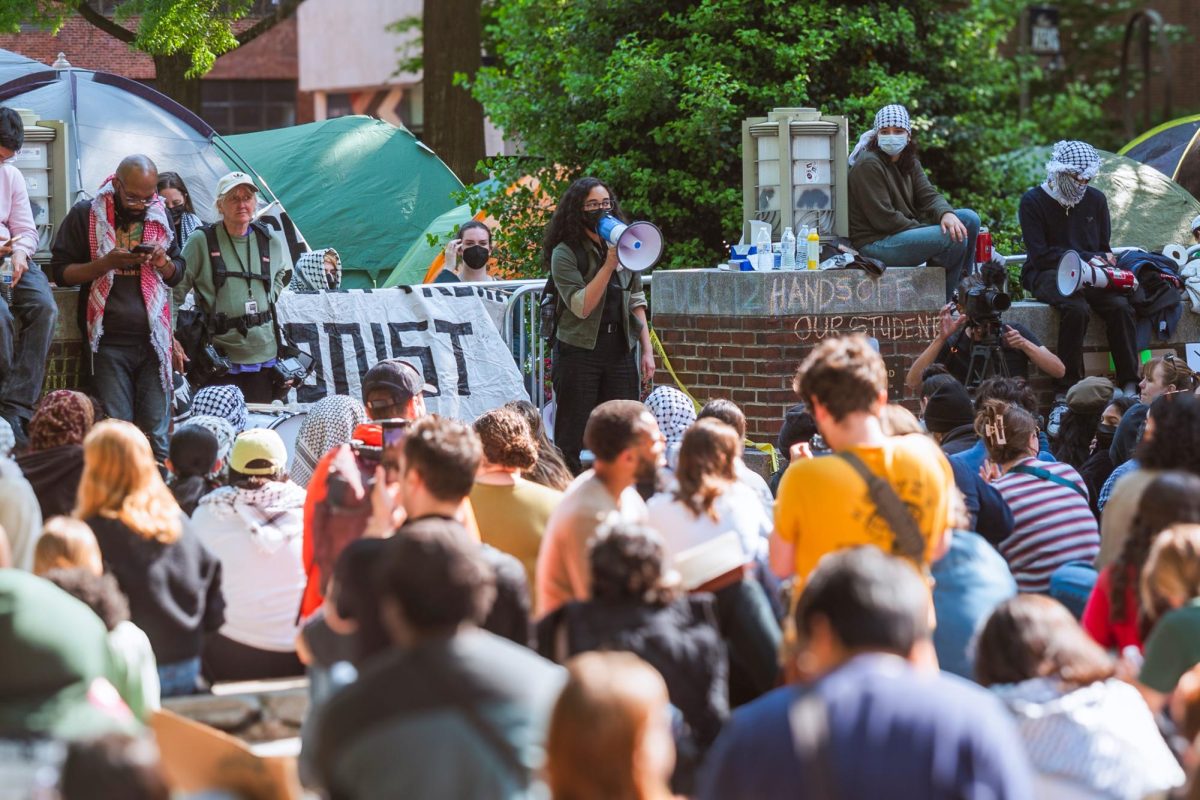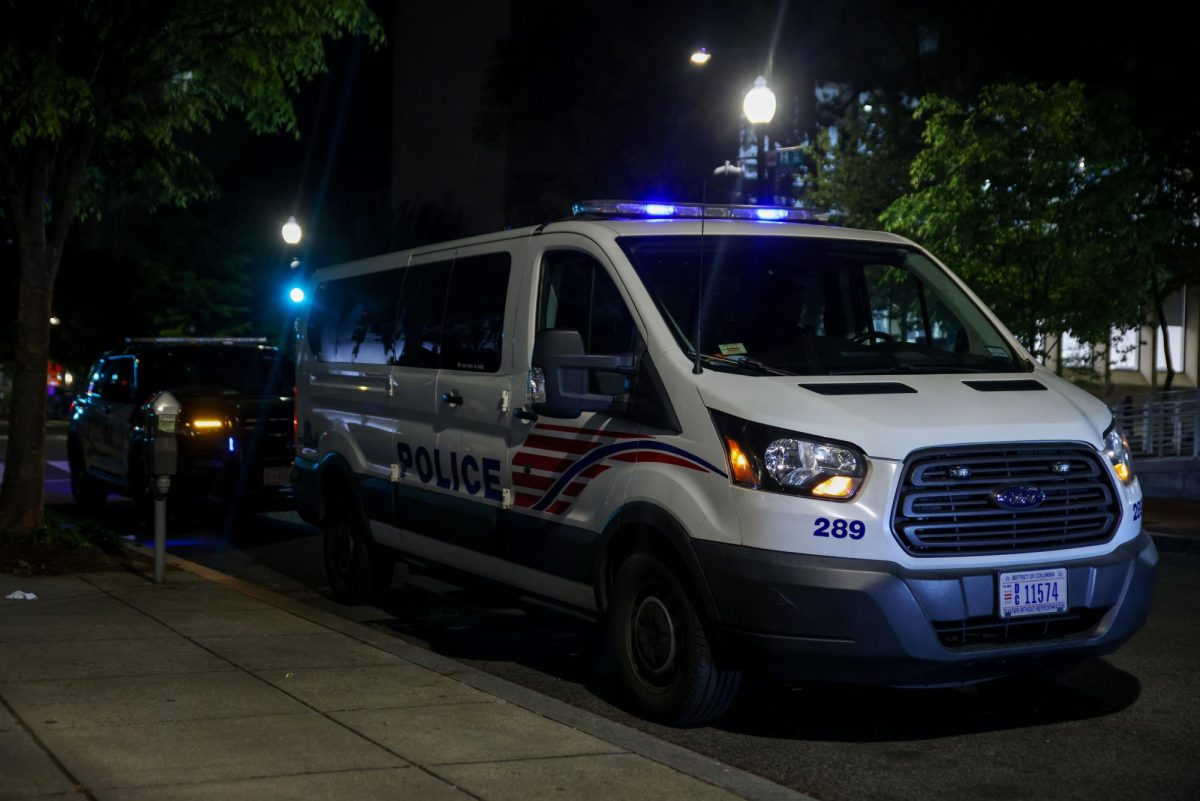Study abroad programs at 15 universities, including American, are under investigation for possibly accepting benefits, such as free travel or funding to market the programs, from study abroad program providers.
GW study abroad staff members take several trips to countries each year that are subsidized by affiliated study abroad programs. Last year, staff members took subsidized trips to programs in Denmark, France and Italy. GW, though, is not under investigation.
Hallworth said it is important for staff or administrators to visit the locations that may be attractive to GW students in order to learn more about the programs and provide feedback for students.
“We sometimes have faculty members participate in academic reviews of programs,” said Rob Hallworth, director of study abroad at GW. “More often than not, we visit our own centers at our own expense. Other visits are not common and costs may be shared.”
In August, New York Attorney General Andrew Cuomo subpoenaed study abroad providers, saying that perks provided to universities by study abroad companies influence the decisions of students to use certain providers.
The three programs still under investigation are affiliated with GW: the Institute for Study Abroad at Butler University, the Center for Education Abroad at Arcadia University and the Institute for the International Education of Students.
Cuomo is now asking who at each school is responsible for approving study abroad contracts, their selection processes and what if any benefits they received from study abroad program providers.
Other universities under investigation include Harvard, Columbia, Northwestern, Fordham and Brown universities.
Hallworth said the University has not made any changes to its relationships with these study abroad programs. He acknowledged, though, that there are monetary benefits to participating in affiliated programs.
“Some of our affiliated partners offer incentives for students to take part in their programs,” Hallworth said. “For example, IES offers a discount for a second semester abroad and Council of International Exchange offers discounts on fall programs in some of their locations. Whenever an incentive is offered, it is passed along to students.”
American, which has been subpoenaed, does not have relationships with IES and Arcadia and only approves one individual program that is associated with the investigations – Institute for Study Abroad-Butler: Costa Rica.
“American University believes in the quality of our study abroad programs,” said Maralee Csellar, an American spokesperson. “We intend to cooperate with the attorney general’s office and do our best to provide the information he has requested.”
John Longbrake, senior director of communications at Harvard, confirmed that the university received a subpoena from the attorney general’s office but could not comment further as they are in the process of reviewing it.
“Harvard has a faculty standing committee on education abroad that has approved programs over time, one by one, as students have chosen to go abroad,” Longbrake said.
The Forum on Education Abroad and National Association of Foreign Student Advisers are two professional organizations with strong ties to the study abroad field that are developing a code of conduct to help define best practices.







